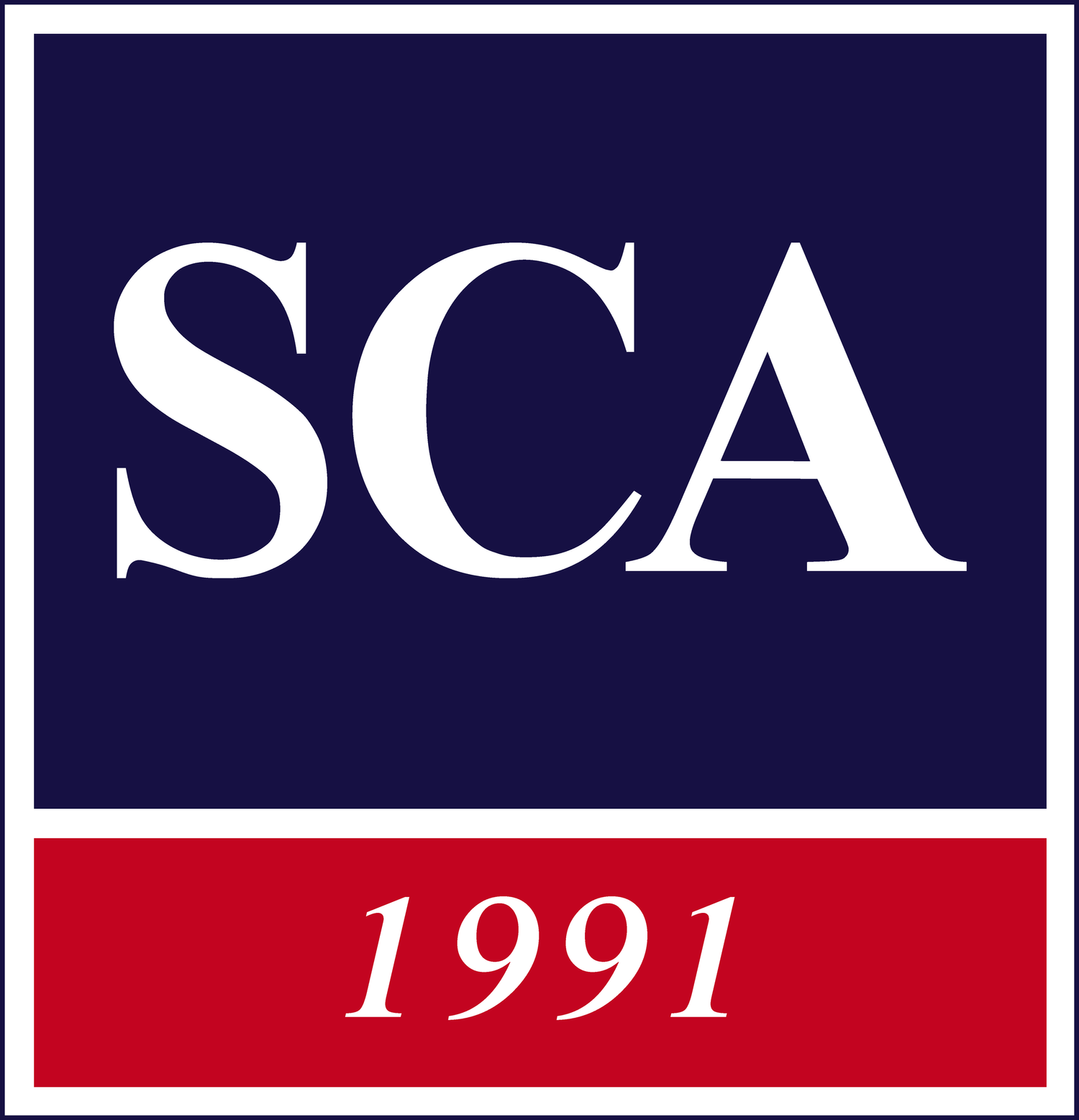FHA Proposes Servicing Changes on Partial Claims and Payoff Statements
Written by Heather Papows, Senior Loan Servicing & Secondary Market Consultant
This month, the US Department of Housing and Urban Development (HUD) and Federal Housing Administration (FHA) presented a proposed Mortgagee Letter for Title II (Single Family) lenders entitled "Partial Claim Document Recording and Payoff Statements” for public review and feedback. This draft proposal aims to collect industry and stakeholder feedback before finalizing and formally releasing any changes to guidelines or processes.
With this proposal, FHA and HUD are trying to achieve two goals. First, they aim to add a new procedure to the payoff statement request process for clarity on any partial claim subordinate lien amounts owed. Additionally, the proposal includes extending the time permitted to submitting partial claim security instruments for recordation from the date of receipt from Borrower, date of bankruptcy court approval, or date of receipt from HUD when HUD execution is required.
If approved, Title II single family servicers of FHA mortgages will be required to implement the provisions of this mortgagee letter within 90 days of the official publication.
Since the COVID-19 pandemic, the partial claims (zero interest subordinate liens) process has helped over 1 million FHA-insured borrowers bring their mortgage current and avoid foreclosure. Now this proposed enhancement will bring transparency with the total outstanding debts owed when obtaining a payoff statement.
To stay up to date on the latest changes surrounding this and other FHA news, continue to follow our blog and LinkedIn page. For questions around how SCA can assist with or answer questions around FHA servicing, please contact our Director, Bill Dolan at wdolan@scapartnering.com or by phone at (617) 694-2617.

